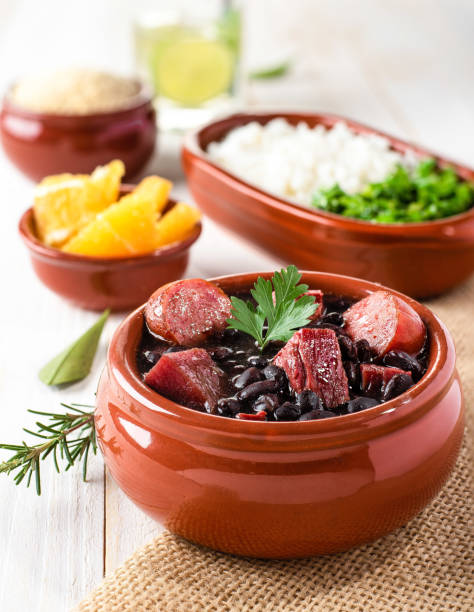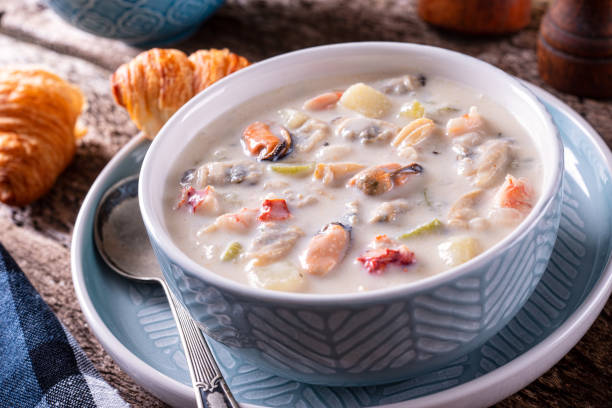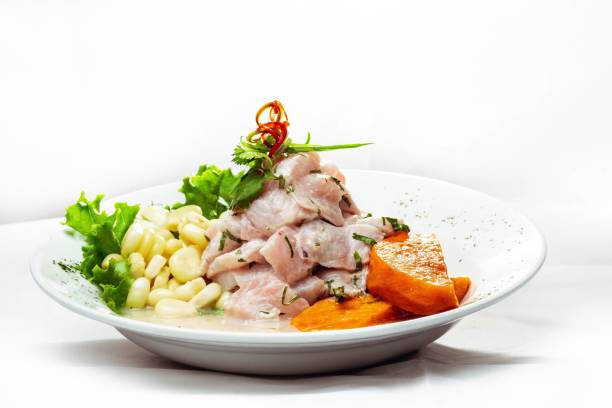Feijoada, the national dish of Brazil, is a rich and savory stew renowned for its depth of flavor, cultural significance, and nutritional richness. This traditional dish originated from Portuguese settlers and African slaves, combining a variety of ingredients such as beans, pork or beef, and aromatic spices to create a hearty and satisfying meal. Beyond its culinary allure, feijoada offers a wealth of nutritional benefits derived from its diverse components and balanced composition, making it a beloved staple in Brazilian cuisine and a cherished comfort food around the world.
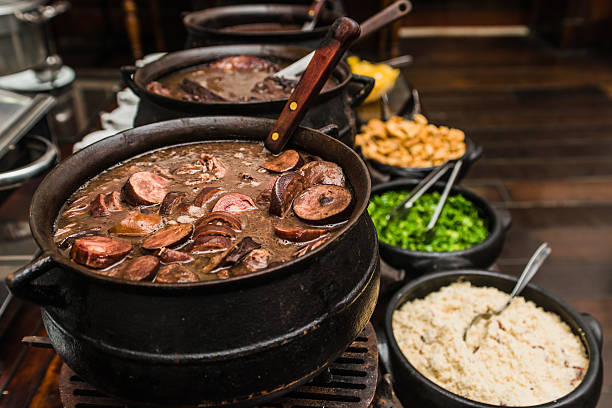
One of the key nutritional components of feijoada is its high protein content, primarily derived from the combination of black beans and meat. Black beans are an excellent source of plant-based protein, providing essential amino acids necessary for muscle repair and growth, immune function, and hormone production. Including protein-rich foods like black beans in one’s diet supports satiety, promotes muscle health, and aids in weight management. Additionally, protein helps regulate blood sugar levels and provides sustained energy throughout the day.
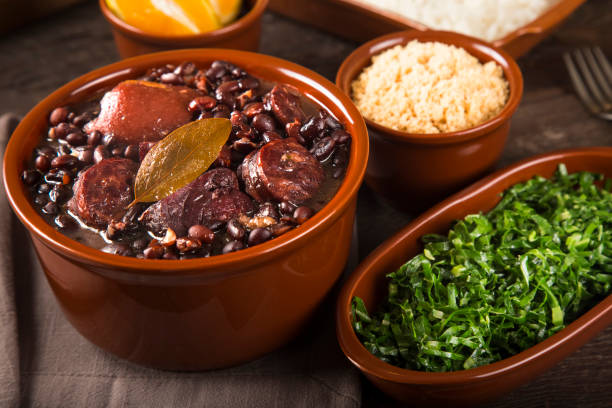
Moreover, feijoada contains a variety of meats, such as pork ribs, sausage, bacon, and beef, which add additional protein as well as essential vitamins and minerals to the dish. Meats are rich in nutrients such as iron, zinc, and B vitamins, which play crucial roles in energy metabolism, immune function, and red blood cell production. Iron, in particular, is abundant in meats and is essential for oxygen transport in the blood and overall energy levels. Including a variety of meats in feijoada provides a diverse array of nutrients that support overall health and well-being.
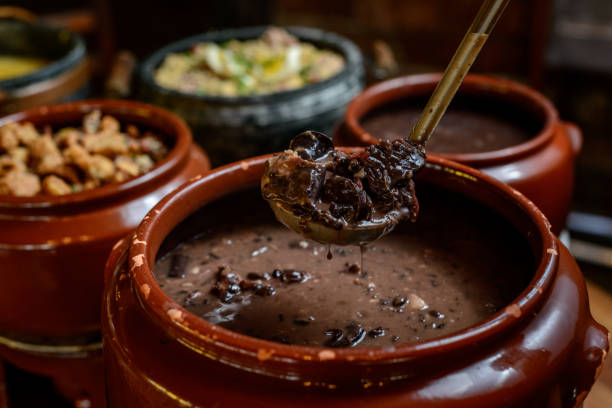
Additionally, feijoada is often flavored with a combination of herbs, spices, and seasonings, such as bay leaves, garlic, onions, and cumin, which not only enhance the flavor profile but also offer potential health benefits. Ingredients like garlic contain bioactive compounds with antioxidant, anti-inflammatory, and antimicrobial properties. These compounds help reduce oxidative stress in the body, combat inflammation, and may lower the risk of chronic diseases such as heart disease, cancer, and diabetes. Herbs and spices also add depth of flavor to feijoada, making it a delicious and satisfying meal option.
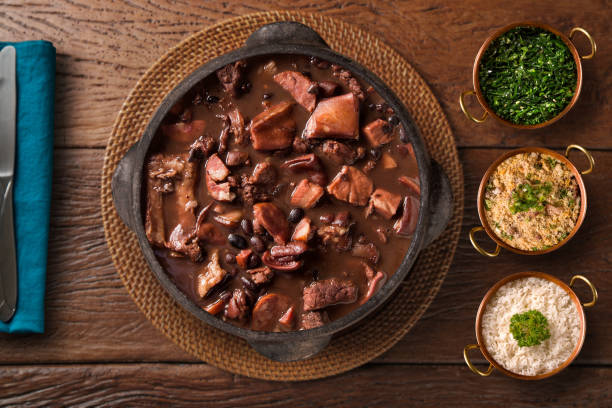
Furthermore, feijoada is typically served with rice, collard greens, and farofa (toasted cassava flour), which add additional nutrients and fiber to the meal. Rice provides complex carbohydrates, which are the body’s primary source of energy, while collard greens offer vitamins such as vitamin K, vitamin A, and vitamin C, as well as minerals like calcium and magnesium. Farofa adds texture and flavor to feijoada while providing dietary fiber, which supports digestive health and helps regulate blood sugar levels.
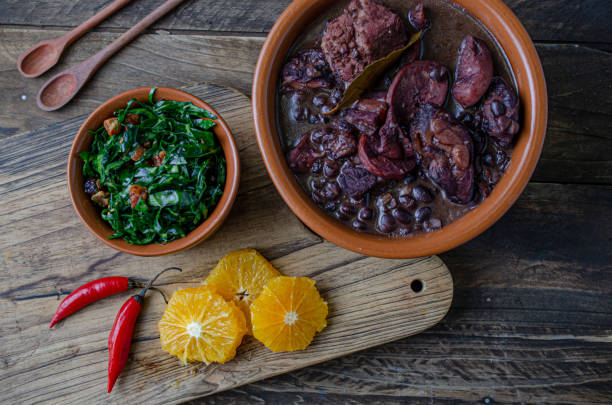
In conclusion, feijoada offers a flavorful and nutritious dish that represents the culinary heritage of Brazil. With its combination of protein-rich beans and meats, flavorful herbs and spices, and nutrient-rich accompaniments, feijoada provides essential nutrients that support overall health and well-being. By including a variety of ingredients and minimizing added sugars and sodium, feijoada can be enjoyed as part of a balanced diet, providing both flavor and nutrition to meals.

